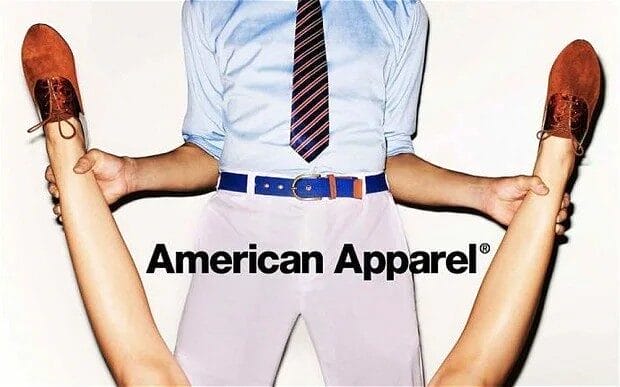Dogue, the dog fashion and lifestyle magazine, was founded and is headquartered in Beverly Hills, California is now under legal fire as Vogue has formally opposed its trademark application in the United States. Dogue’s recent attempts to secure trademark protection for its brand have drawn the ire of global fashion powerhouse Vogue, who claims the canine-centric publication’s name is confusingly similar to its own. The opposition was officially filed with the USPTO, adding a high-stakes twist to Dogue’s fast-growing presence in the pet fashion space.
Parody brands like Dogue exist to evoke a response, using clever takes on well-known trademarks to entertain, comment, or critique. US trademark law does sometimes recognize parody as a protected form of free expression, as long as such use clearly distinguishes itself from the original and avoids confusing consumers.
However at the same time, Vogue debuted its own ‘Dogue’ covers as part of a special digital project in August 2024, featuring celebrity dogs from Demi Moore and Mariah Carey. In 2025, Vogue launched their inaugural Dogue Competition looking for their next Dogue cover stars.
View this post on Instagram
The legal dispute centers on Dogue’s application for federal protection of its mark in connection with its magazine and related lifestyle products. Vogue’s representatives argue that Dogue’s branding risks diluting the strength of Vogue’s iconic mark, especially given its long history and wide recognition in the fashion world. The opposition notice claims consumers could mistakenly associate Dogue’s stylish canine content with Vogue’s high-fashion editorial work, creating marketplace confusion.
While Dogue’s brand has built a cult following among dog lovers and pet stylists, the opposition from such a major industry player could trigger delays or a possible rebranding for the magazine. USPTO records show the case is currently in the early phases of the opposition process, with both sides expected to submit evidence over the coming months.
The Dogue vs. Vogue trademark opposition highlights the ongoing debate over the rights of parody brands in the fashion industry. While Dogue’s American roots highlight the rapid growth of pet-centric publishing in the US, the case also serves as a cautionary example of just how complicated it can be for smaller, humor-driven brands to draw inspiration from established icons.
The outcome may set an important precedent for how parody brands navigate trademark risks in the publishing world.


















